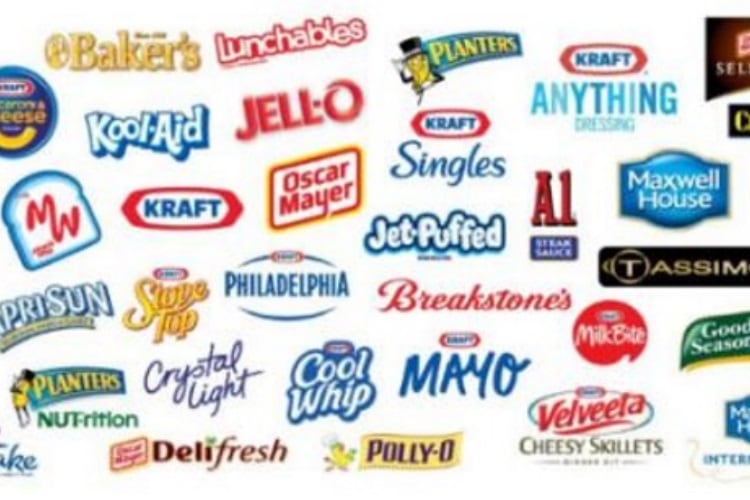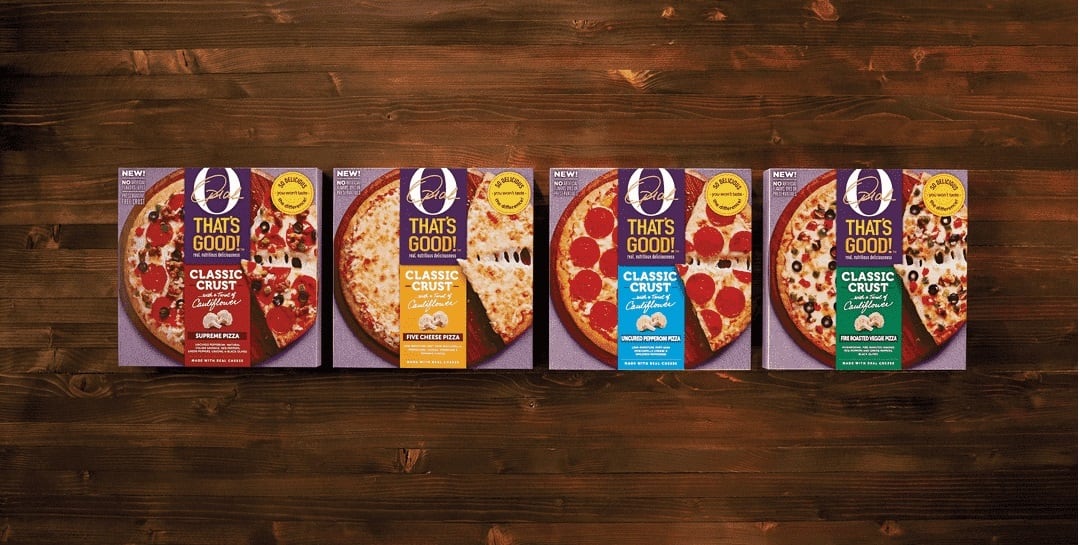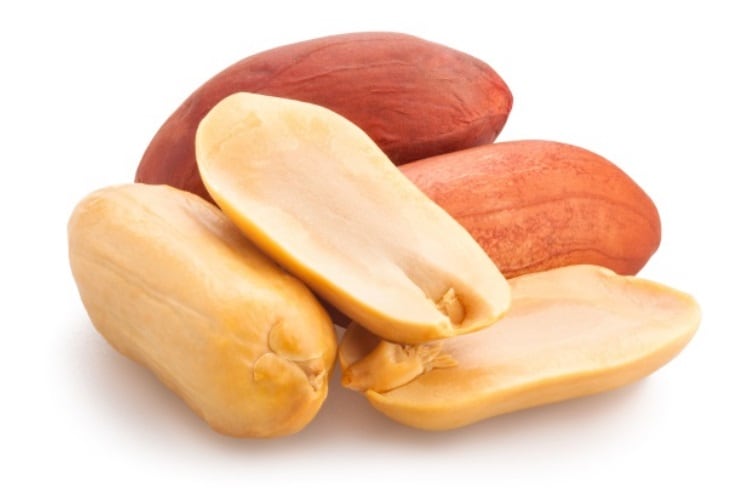For its fourth-quarter period, Kraft eeked out a meagre 0.7% increase in sales year-over-year to $6.9bn, which fell well short of Wall Street expectations by $50m.
Adjusted profits dropped by 14% to $1.7bn.
US sales increased at a slightly higher rate of 1.1% to just under $5bn, while Canada sales enjoyed a nearly 2% boost. Elsewhere in the world, net sales fell 0.8% accompanied by a 6% drop in adjusted EBITDA.
Wrote down value of two iconic brands
However, the biggest thumper came when the Chicago-headquartered company reported a $12bn loss due to a massive goodwill impairment in North America related to the value of its Kraft and Oscar Mayer trademarks.
To top it, the company also announced a SEC investigation into accounting policies, internal controls on procurement, and how it negotiates modifications to its agreement with vendors.
After receiving the SEC subpoena, Kraft hired external counsel for an investigation of its own, leading to a $25m charge that landed in the company’s Q4 earnings report.
“We continue to cooperate fully with the SEC, and at this time, the company does not expect matters subject to the investigation to be material,” Michael Mullen, senior VP of corporate communications told BakeryandSnacks.
Committed to re-establishing growth
In his report to analysts, CEO Bernardo Hees added the fourth quarter and full year 2018 results also reflect the company’s commitment to re-establish commercial growth of its brands.
“We are pleased with those actions, the returns on our investments, and the momentum built for 2019. However, profitability fell short of our expectations due to a combination of unanticipated cost inflation and lower-than-planned savings,” he said.
He added the company was "overly optimistic on delivering savings that did not materialize by year-end. For that, we take full responsibility."
Part of the problem – which has hit other packaged food majors – is the struggle for survival as consumers increasingly shun processed products for healthier and fresher alternatives.
In fairness, Kraft and Heinz merged in 2015 to embrace this new trend, but packaged foods still make up most of its business.
Kraft also offered up a hazy outlook for investors.
Adjusted profits for the first quarter are expected to plunge nearly 20% while the full year outlook is forecast to be in the range of $6.3bn and $6.5bn due to increased marketing and e-commerce spending and commodity cost inflation – troubling declines for a company with nearly $31bn in long-term debt.
But Hees put on a brave face, telling investors, “Going forward, our global focus will remain on leveraging our in-house capabilities, developing our talented people, and delivering top-tier growth at industry-leading margins.”
The numbers
Thanks to the recent drop in the Kraft Heinz stock price, the $43bn company is now holding about $30.9bn in long-term debt.
Even after the $15.4bn write-down, the company still holds $36.24bn in goodwill.
Intangible assets still stand at almost $49.75bn.



